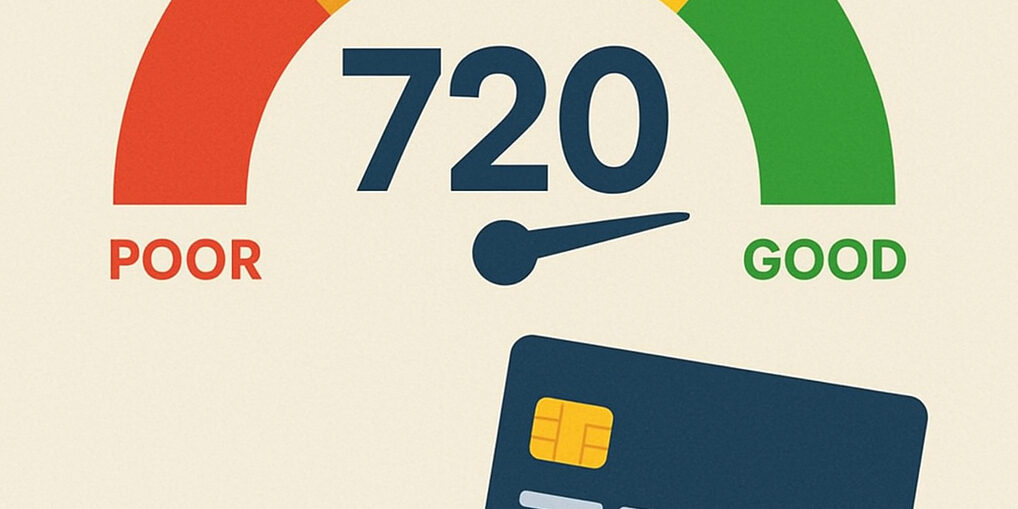Many people treat credit scores as just another number, but in reality, your credit score has a major impact on your financial life. From buying a home to getting approved for a new credit card, your score often decides how much freedom you have with money.
What Is a Credit Score?
A credit score is a three-digit number (usually between 300–850) that reflects your creditworthiness. It’s based on factors such as:
-
Payment History – Have you paid bills on time?
-
Credit Utilization – How much of your credit limit are you using?
-
Length of Credit History – How long you’ve had accounts open.
-
New Credit – How often you apply for loans or credit.
-
Credit Mix – Different types of accounts (credit cards, mortgages, loans).
Why It Matters
-
Loan Approvals: Banks use it to decide whether to approve you.
-
Interest Rates: A higher score usually means lower interest rates.
-
Renting a Home: Landlords may check your score before renting.
-
Job Applications: Some employers review credit history for financial positions.
Quick Tips to Improve Your Score
-
Always pay bills on time.
-
Keep credit card balances below 30% of your limit.
-
Avoid opening too many accounts at once.
A strong credit score isn’t built overnight, but small consistent steps can save you thousands of dollars over time.






